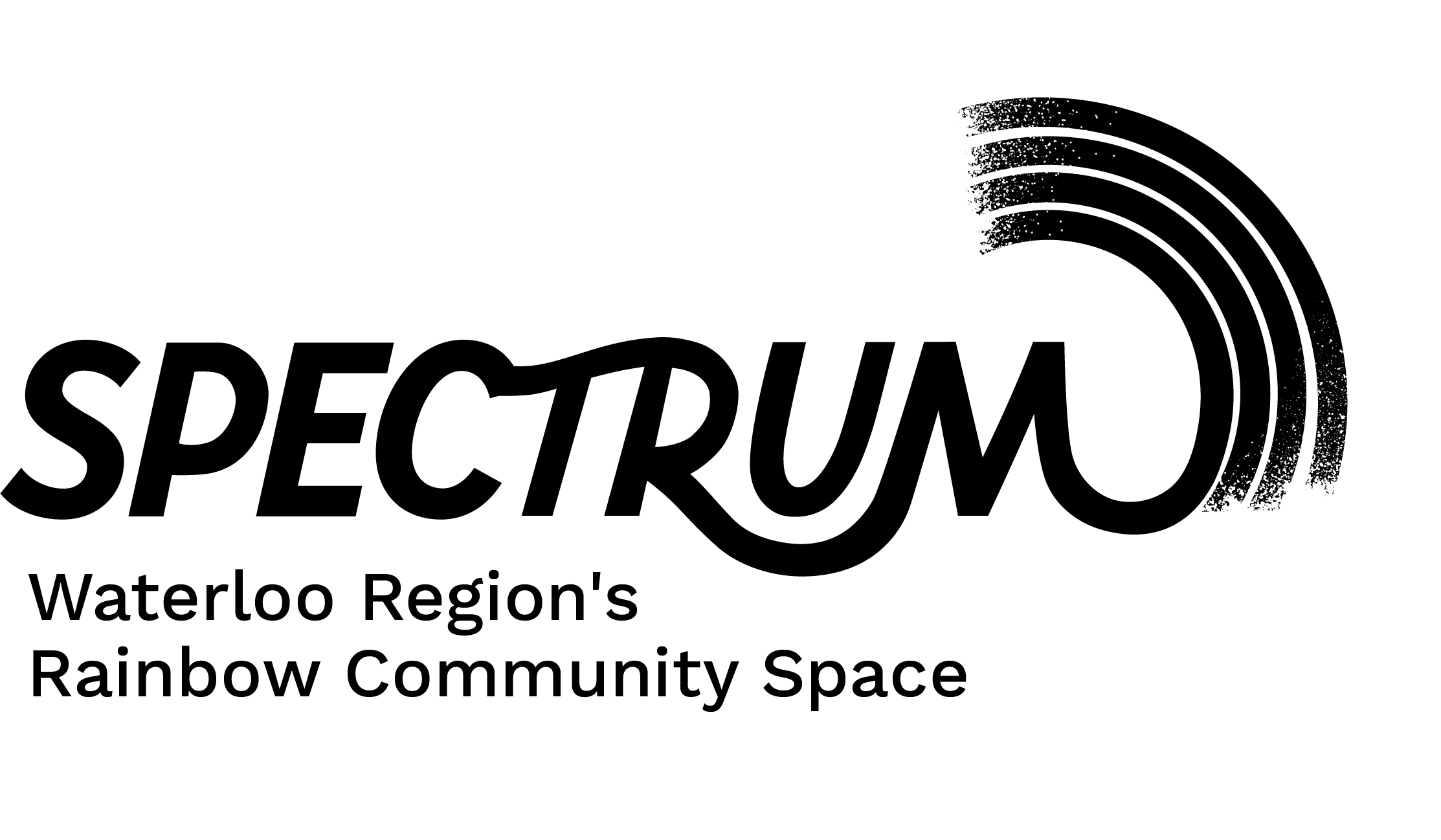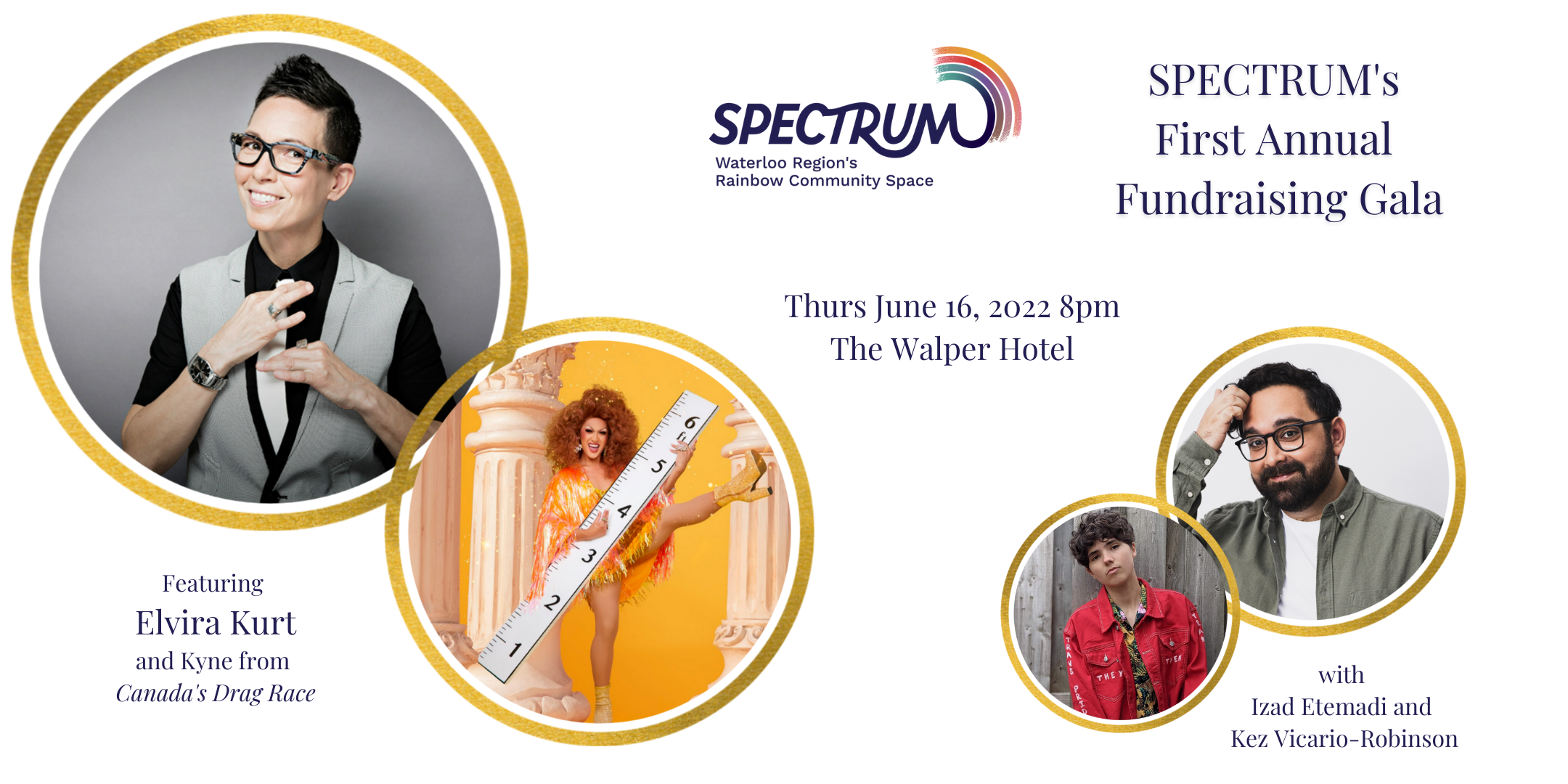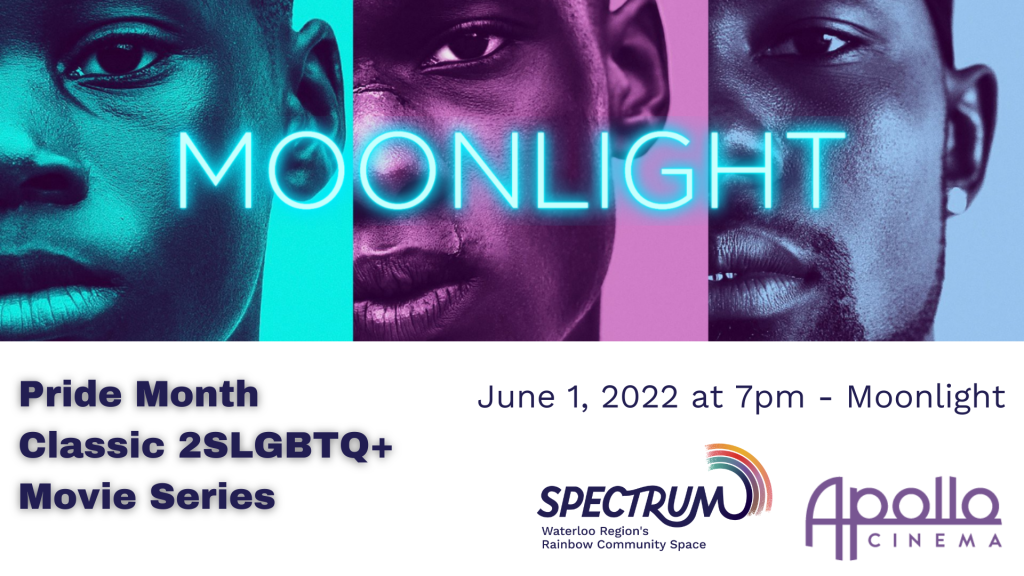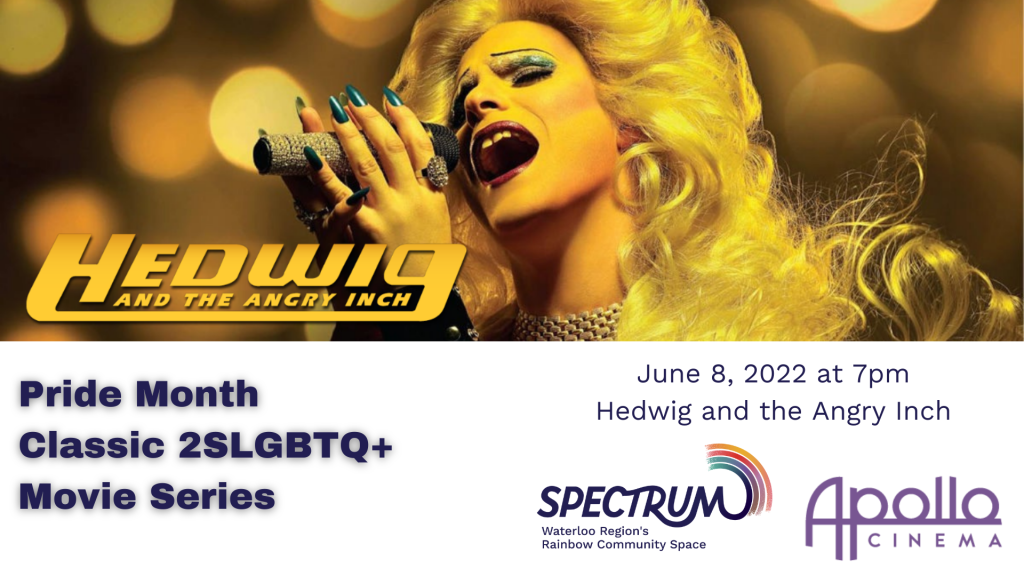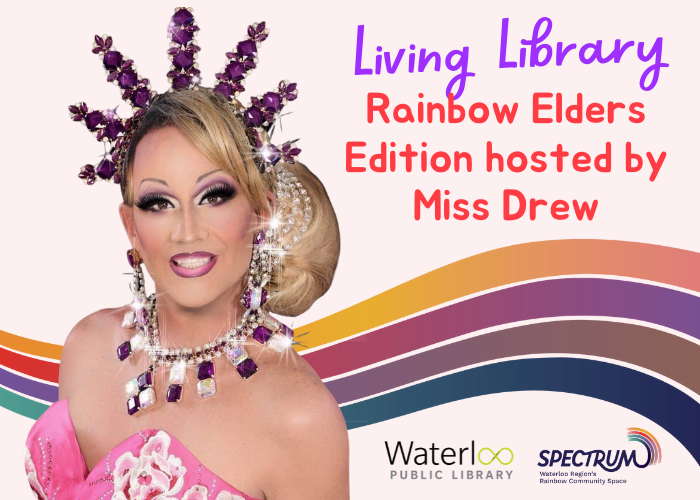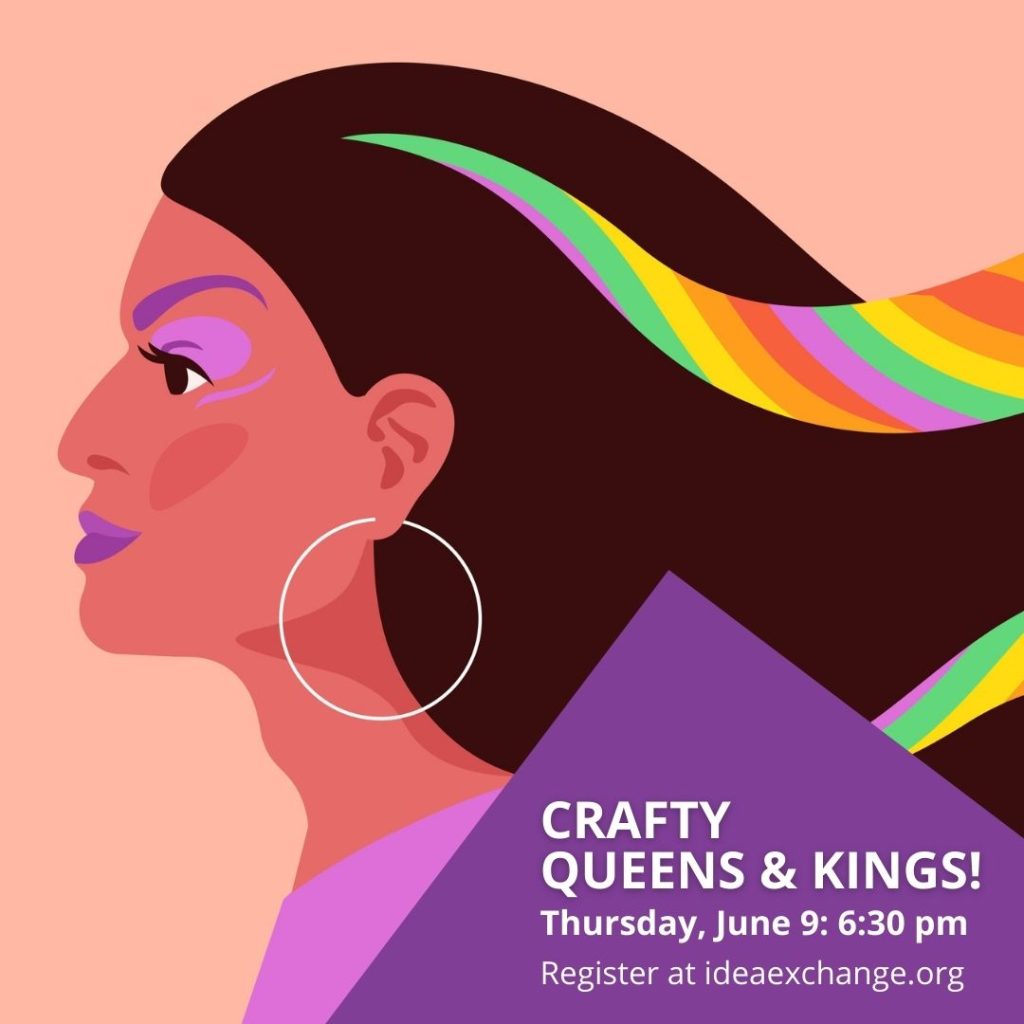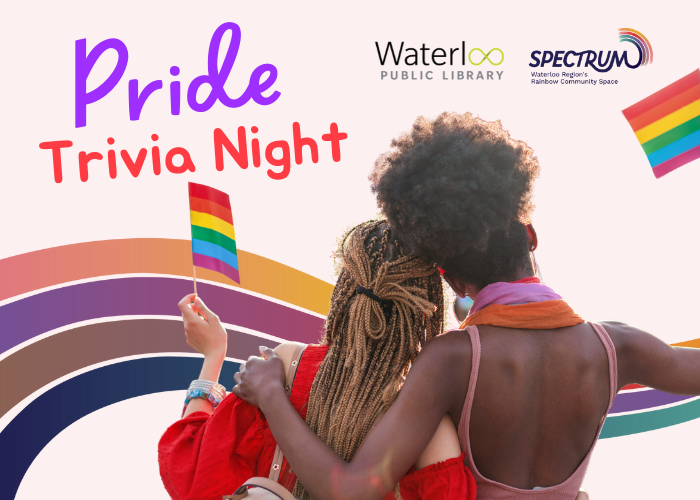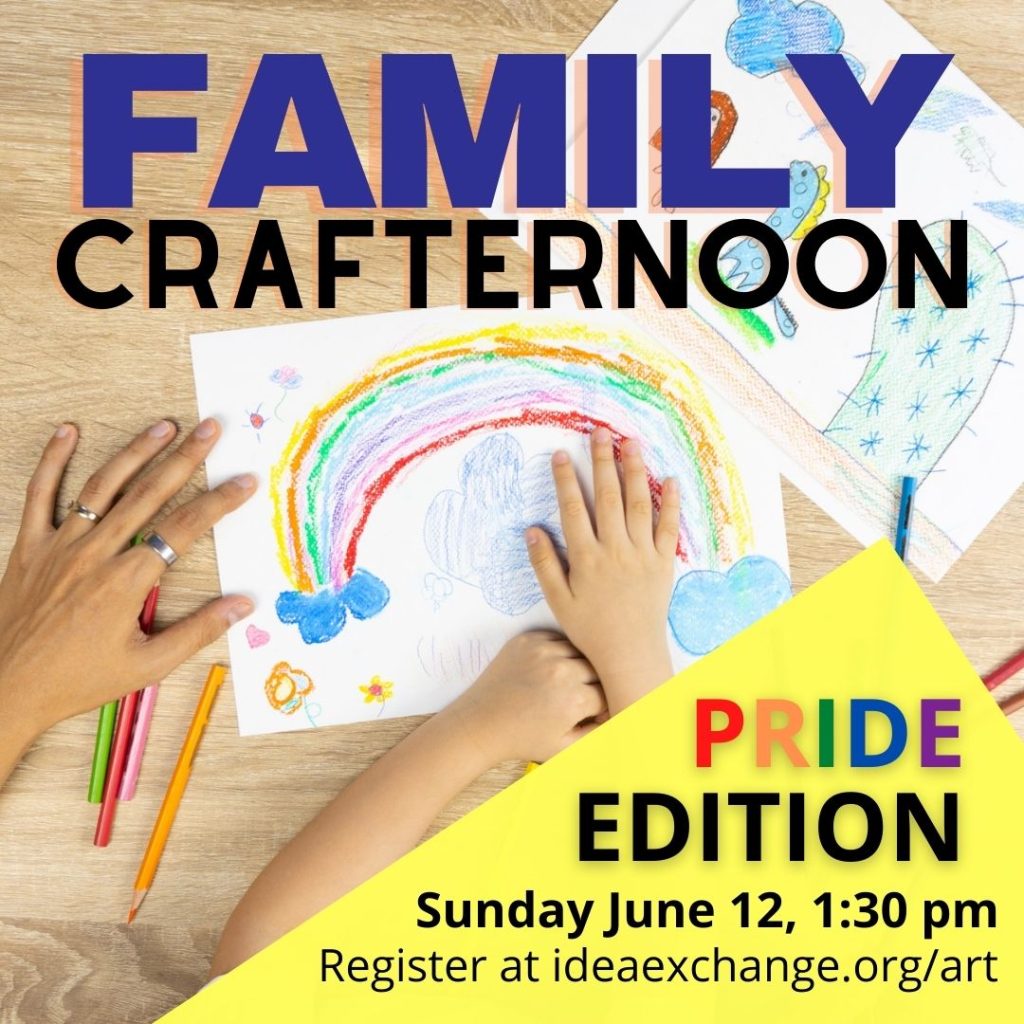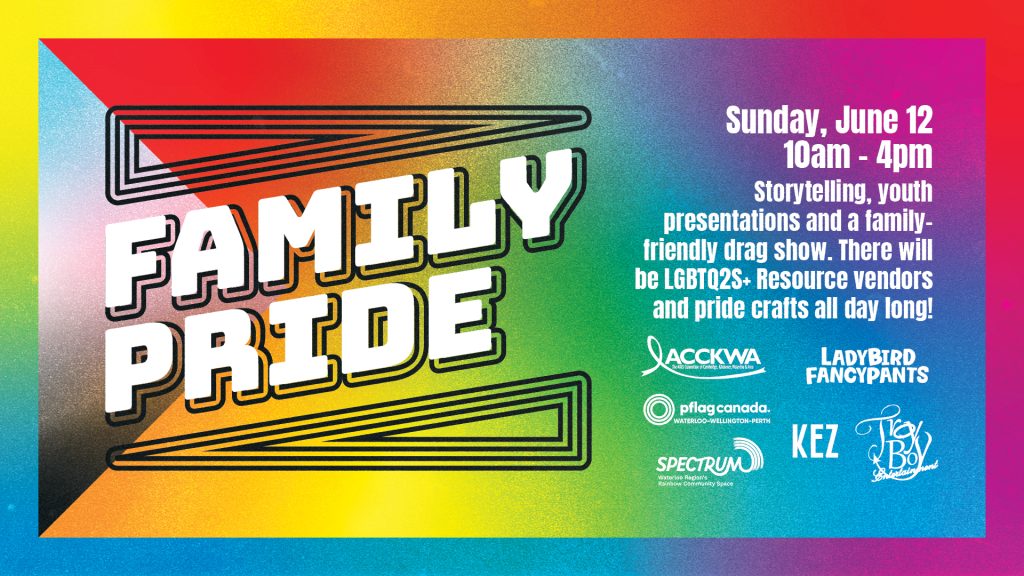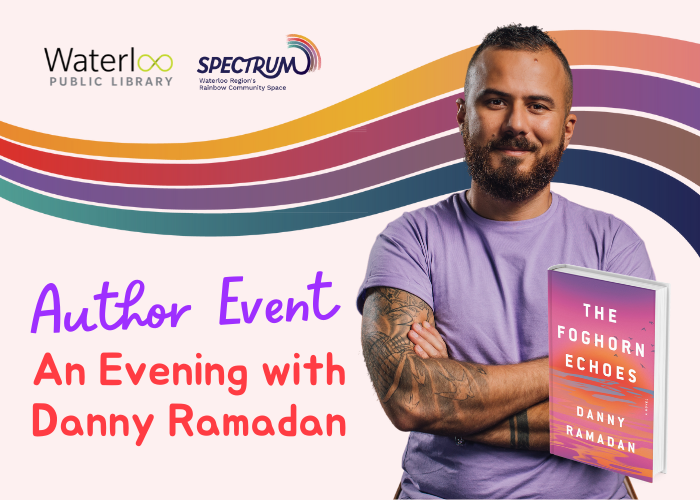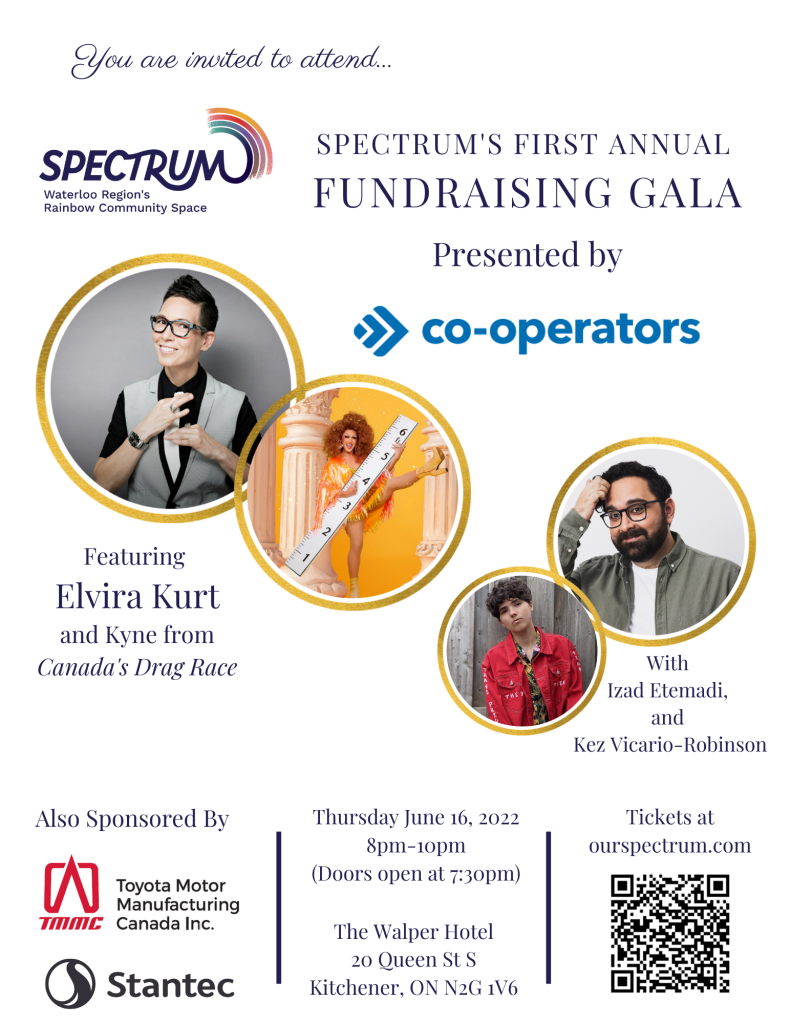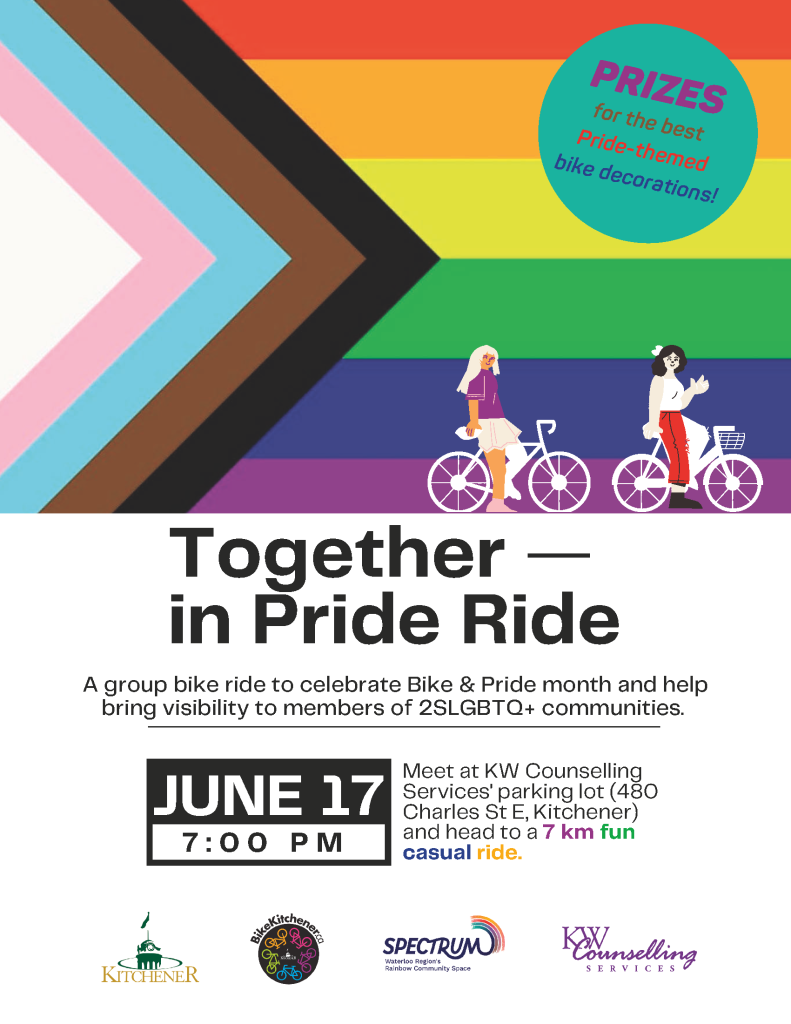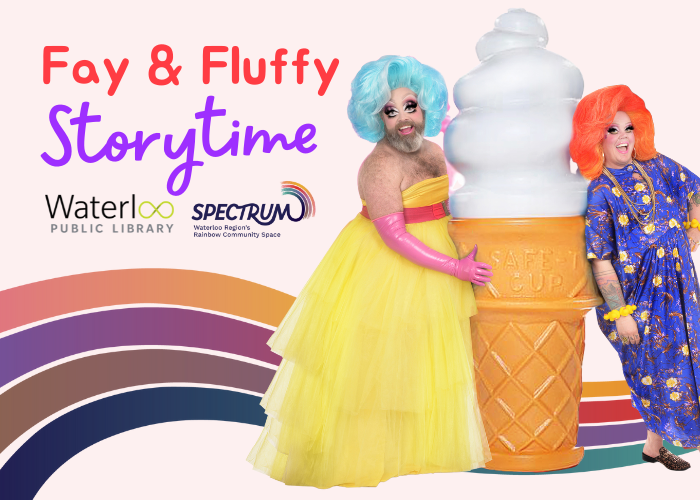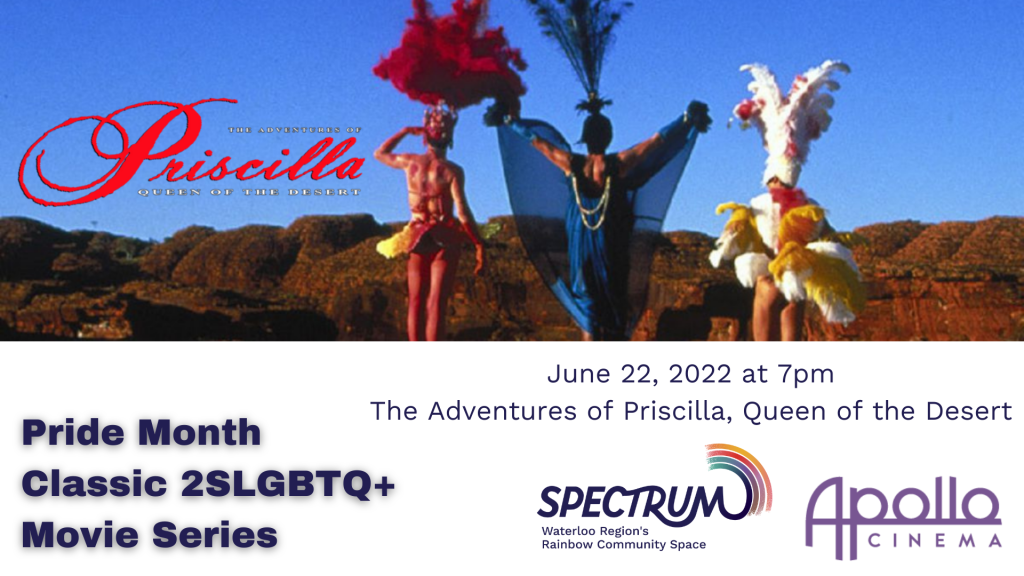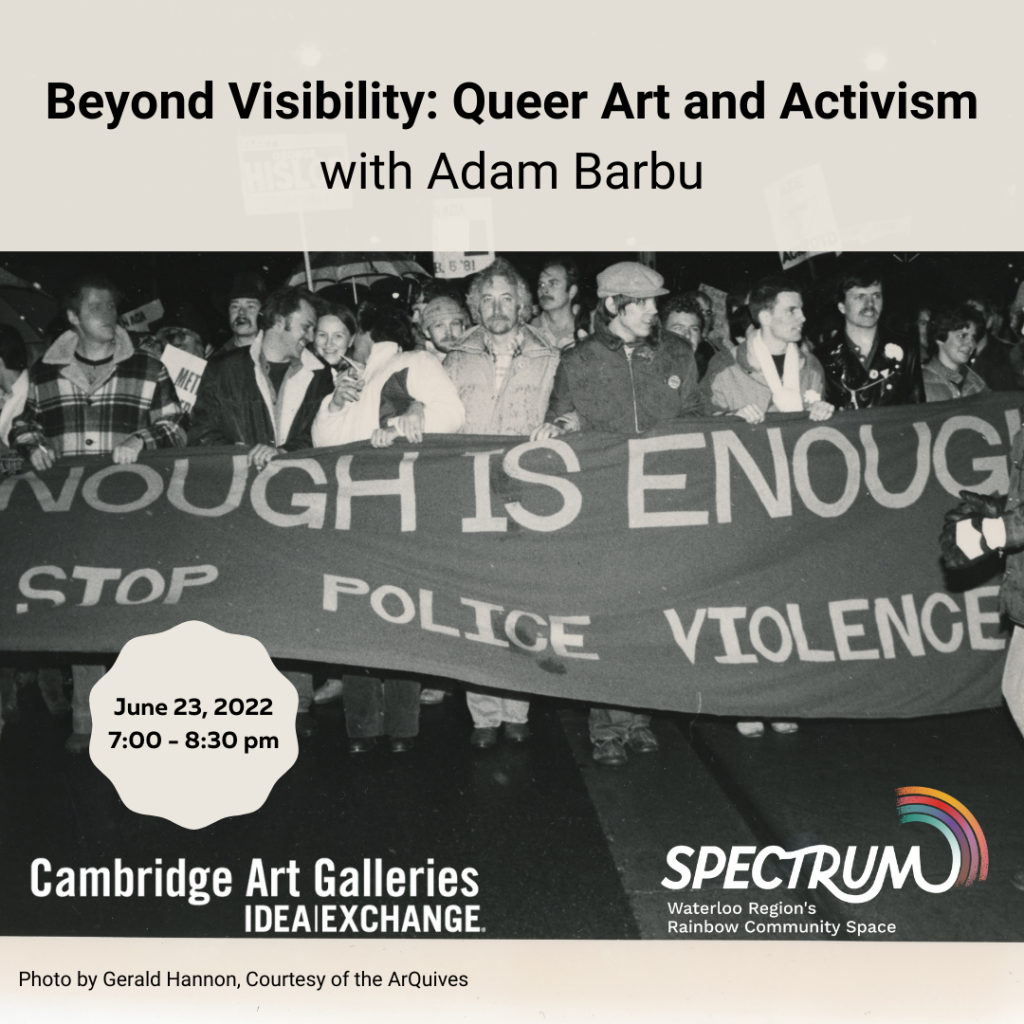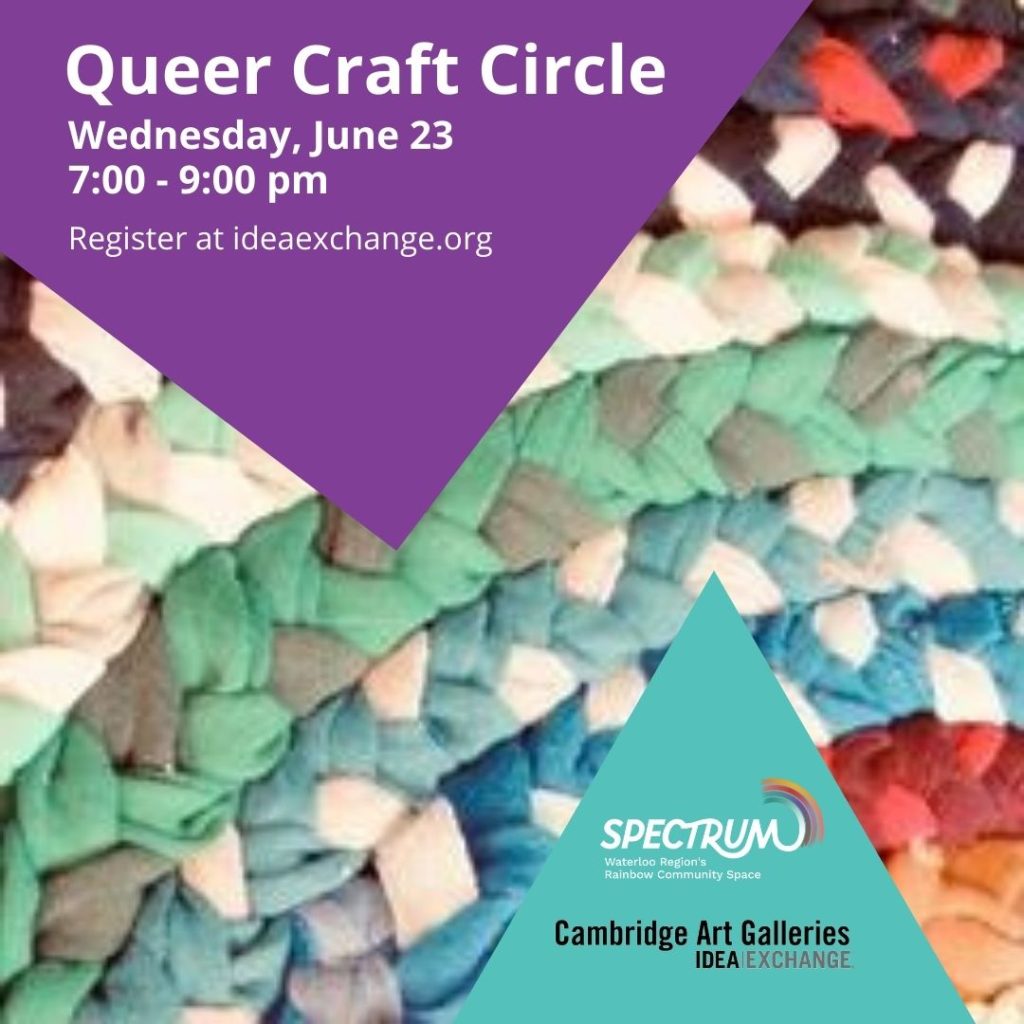This guest post is by Lakisha Hoover.
People often joke to me about how I navigate through the world as a triple threat: bi-racial, a woman and a lesbian. I never really thought of these things until I got older and realized the community I grew up in lacked resources and spaces that felt comfortable.
Attending Catholic schools all of my life, I knew I was always part of the minority – especially within sports. There was a clear lack of BIPOC and LGBTQ+ representation in my city’s sport leagues, and not many people were out. I never felt safe enough to engage in the conversations everyone else had about dating and who they found to be “hot”, which meant missing out on chances to connect to my teammates when we travelled together.
Eventually I lost my passion for basketball after playing for many years and I feeling I was never going to get anywhere with it as a woman. So I slowly disconnected myself from the sport I have always loved and began playing rugby.
Starting rugby, I was a bit worried about how I would be treated; I loved the chance it gave me to feel strong and empowered, but I was worried about how people would see me. I have heard people joke before in my small group of 2SLGBTQ+ friends that rugby is a “gay persons dream”. Though it was a joke, I was very worried my teammates would get the wrong idea if they knew I was a lesbian. I was already fearful of being labelled as the aggressive black girl. These fears meant I never felt comfortable or good enough, and I eventually disconnected from rugby as I had with basketball and stopped playing altogether.
Fast forward to 2021 when I found a rugby league in my city. Though it was coed and non-contact, I thought it could be a great way to build connections. However, I struggled with not knowing anyone. It was dominated by mainly men who were vocal about not wanting to play with women. Being one of three BIPOC there made me feel even more out of place. I attended a few sessions and eventually quit. I spent the rest of the summer looking into Leagues elsewhere that had a space that I could be myself.
Recently I have signed up for the JAM sport league for co-ed basketball. Typically, co-ed leagues require two women to be on the field at all times. However, in this league there are no minimum gender requirements when playing, which means people who aren’t men are put in the vulnerable position of potentially being benched.
Luckily, places such as Toronto offer great resources and spaces for BIPOC and the LGBTQ+ community. With the help of my amazing partner, I found an inclusive rugby club called The Rainbow Griffins. (More information can be found on Pride Toronto’s Instagram page.) And I am still
I am still hopeful for more small or medium sized cities to create the spaces bigger cities already have.
